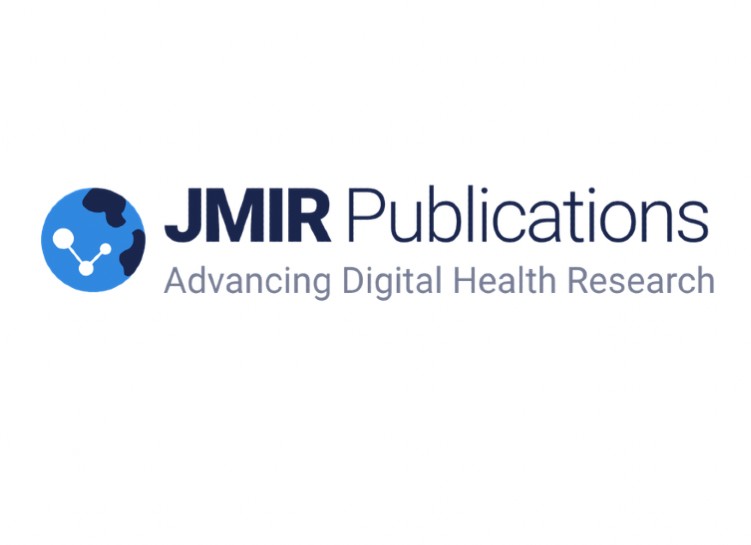Behavior change apps have the potential to provide individual support on a population scale at low cost, but they face numerous barriers to implementation. Electronic health records (EHRs) in acute care hospitals provide a valuable resource for identifying patients at risk, who may benefit from behavior change apps. A novel, emerging implementation strategy is to use digital technologies not only for providing support to help-seeking individuals but also for signposting patients at risk to support services (also called proactive referral in the United States)...
The OptiMine study demonstrated the proof of concept for this novel implementation strategy, which used SMS text messages to signpost at-risk individuals to behavior change apps at scale. The level of reach exceeded our a priori success criterion in a non–help-seeking population of patients receiving unsolicited SMS text messages, disconnected from hospital visits.


